The Difference Between Truth and Facts
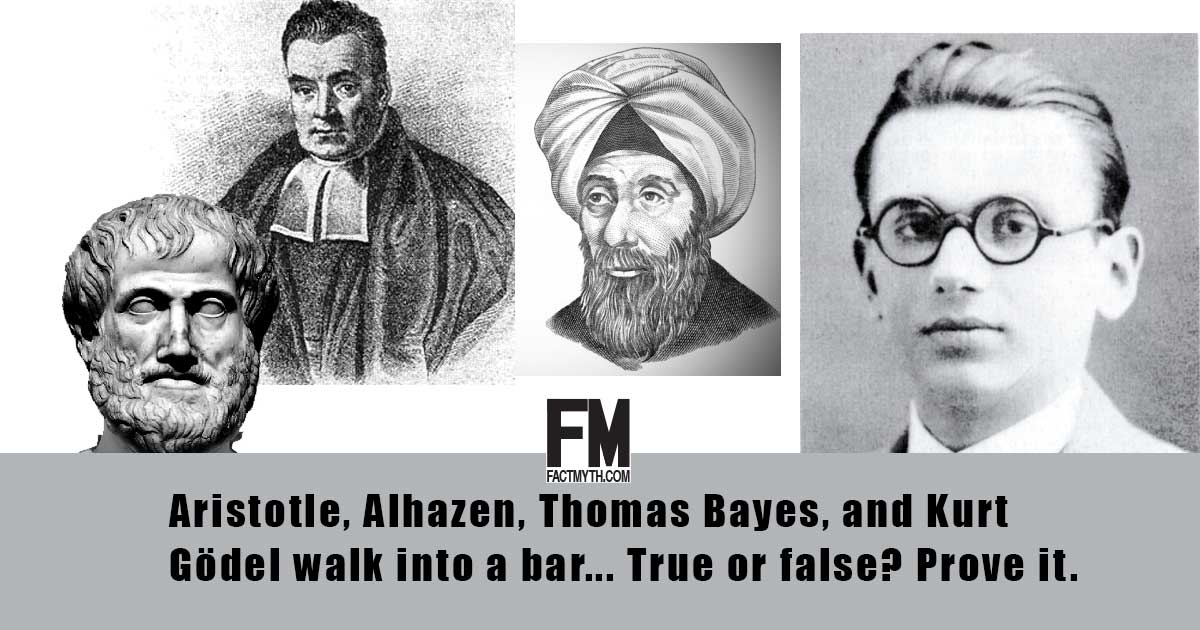
Truth and facts have a lot in common, but they are not exactly the same. Truth is something that is the case. Facts are true statements. Truth is best described using facts and logical reasoning.
Thinking is a mental process which allows humans to model the world, philosophy is the attempt to understand the world using logic and reason. The world being both the external and the internal, and both the knowable and unknowable.
For an overview of philosophy see our branches of philosophy page, for an introduction to philosophy check out Reason at Work (Amazon). Philosophy includes everything from economic and political philosophies, to the philosophies of emotions and mind, to cosmological and other other metaphysical questions, to the nature of god and religion, to the very nature of what we can know. Given that every subject has a science and philosophy (with the two often merging, such is the case in theoretical physics or mathematics) we have to be careful not to undervalue the practical aspects of this non-science.

Truth and facts have a lot in common, but they are not exactly the same. Truth is something that is the case. Facts are true statements. Truth is best described using facts and logical reasoning.
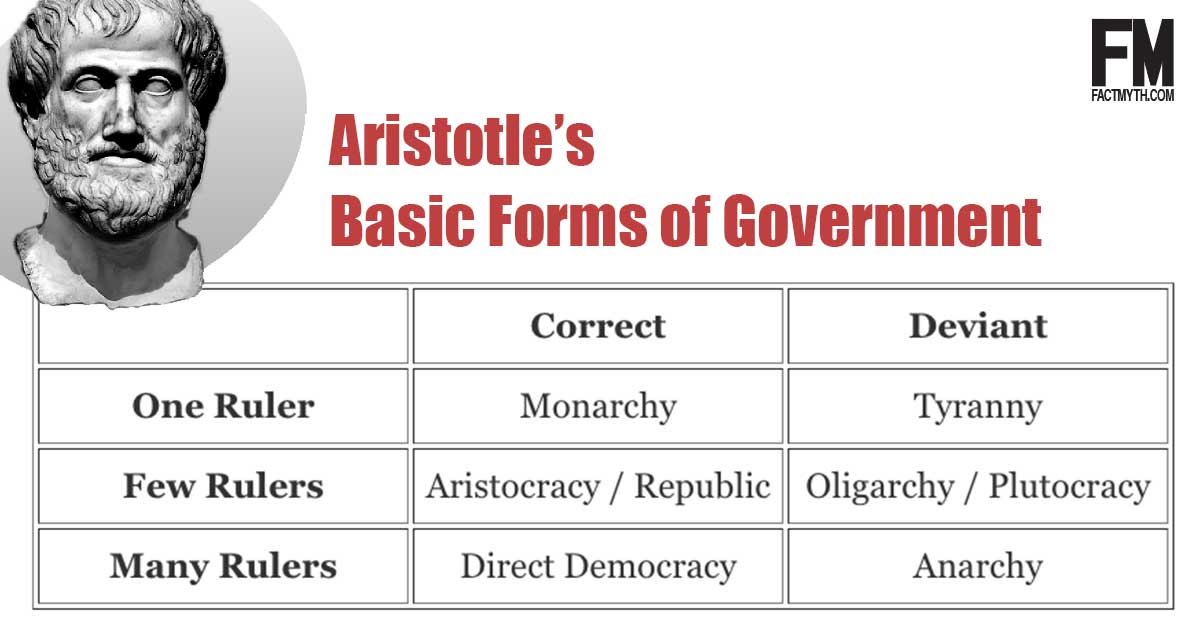
The Philosophy of Governments It can be very attractive to have a list of government types, but yet that list may teach a person very little. Here instead is a look at the philosophy behind the government types that create that list. For a simpler list and look, see our page on “the types of… Read More
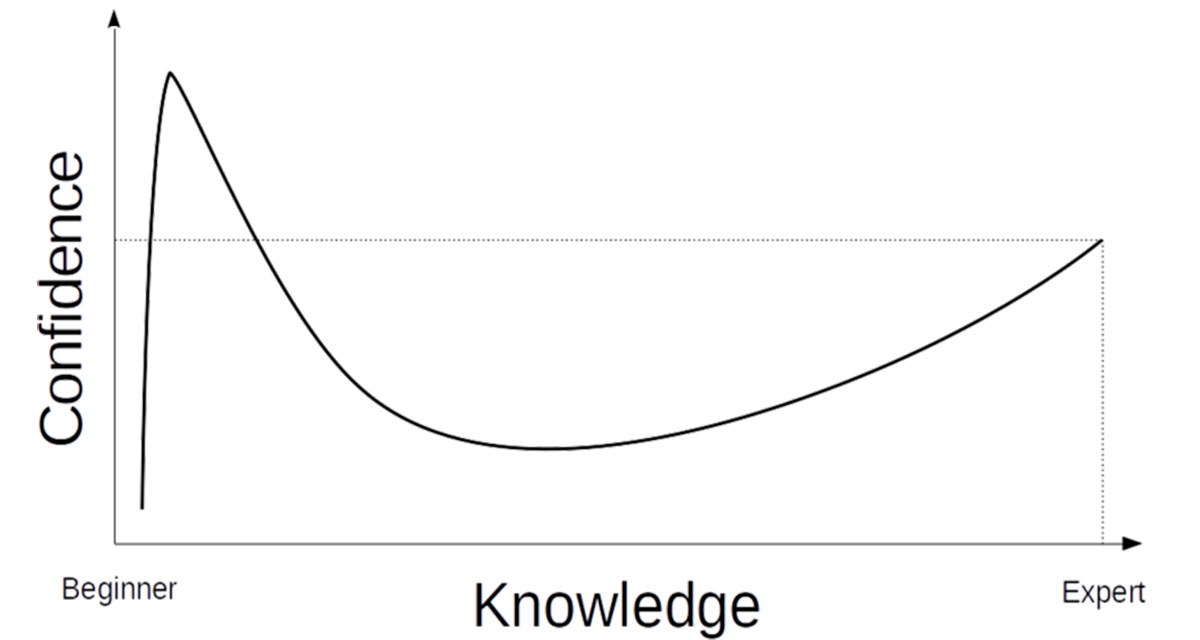
The Dunning–Kruger effect is when people over-estimate their competence in something due to a lack of experience in that thing.
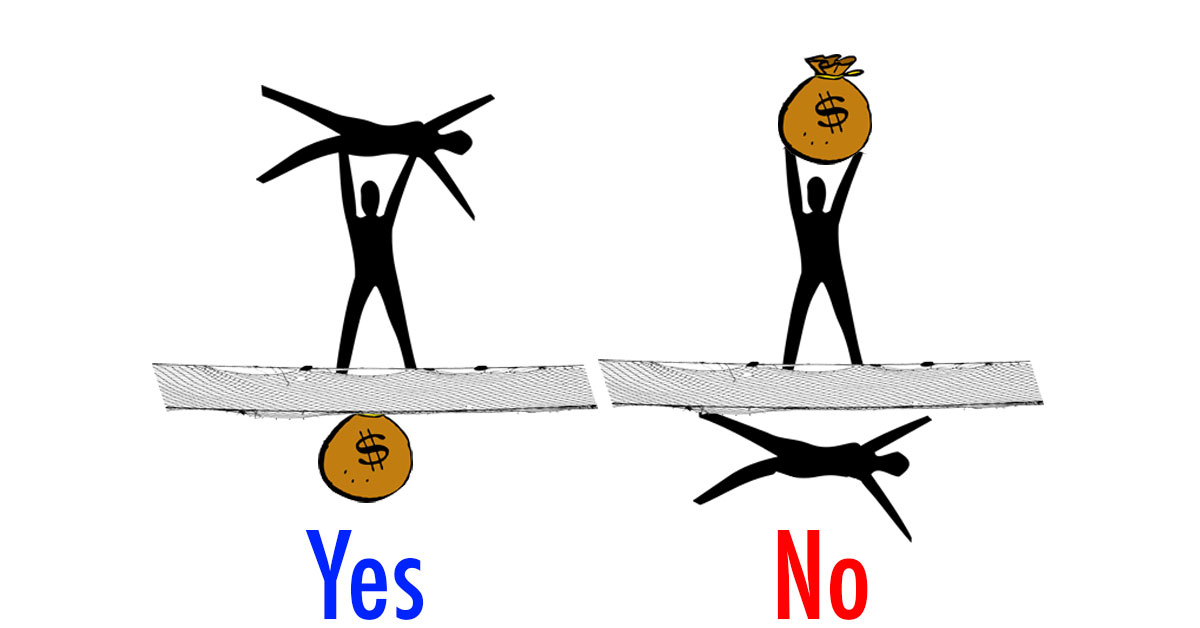
There are a number of traps created from both taxation and assistance that inhibit class mobility. We might generally call these welfare traps, tax traps, and debt traps.
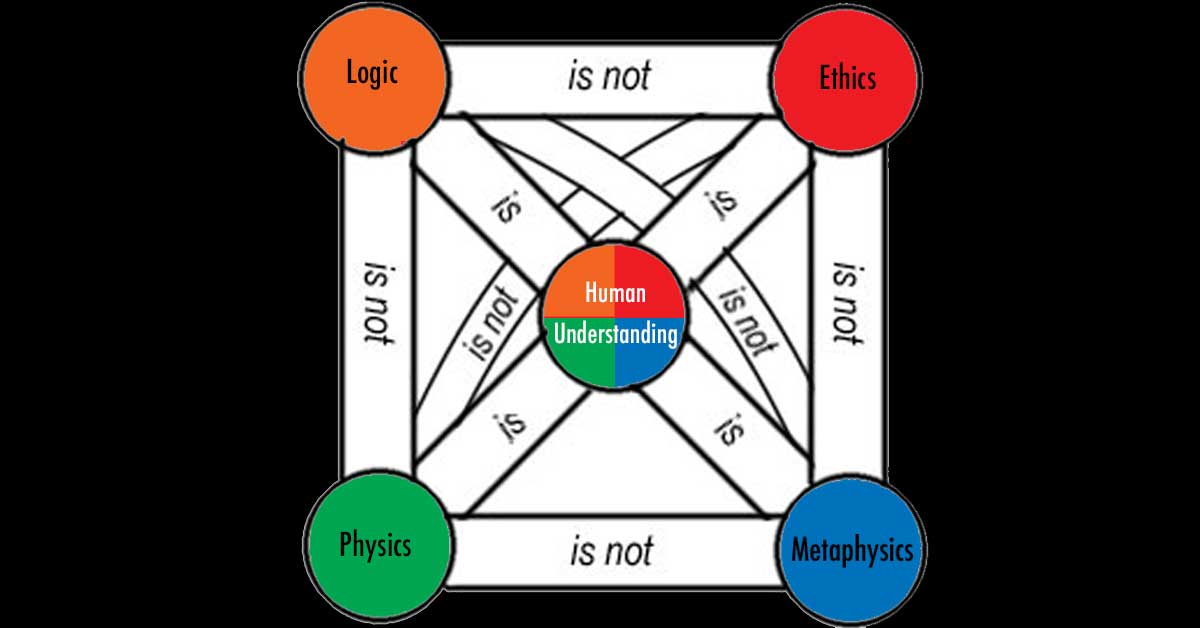
Deductive, inductive, and abductive reasoning are three basic reasoning types. In simple terms, deductive reasoning deals with certainty, inductive reasoning with probability, and abductive reasoning with guesswork.
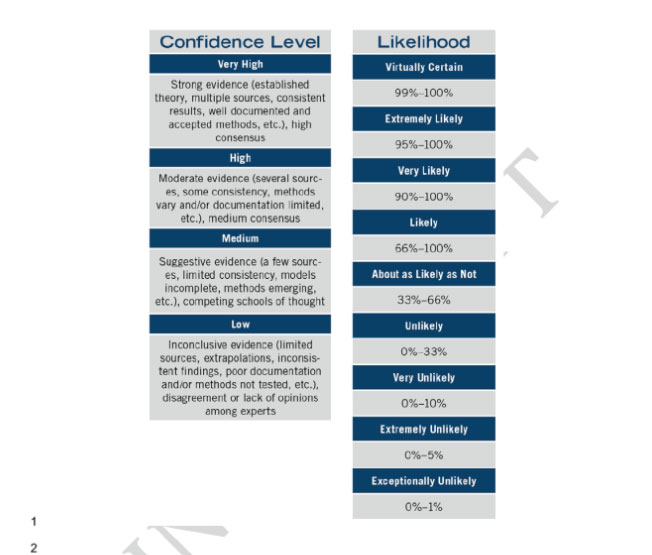
Facts are things that are the case for sure, they are stated plainly and without bias. Opinions meanwhile inject subjectivity and bias. Since most content in any form contains at least some subjectivity and bias, it is rare to find pure facts and common to find opinion.
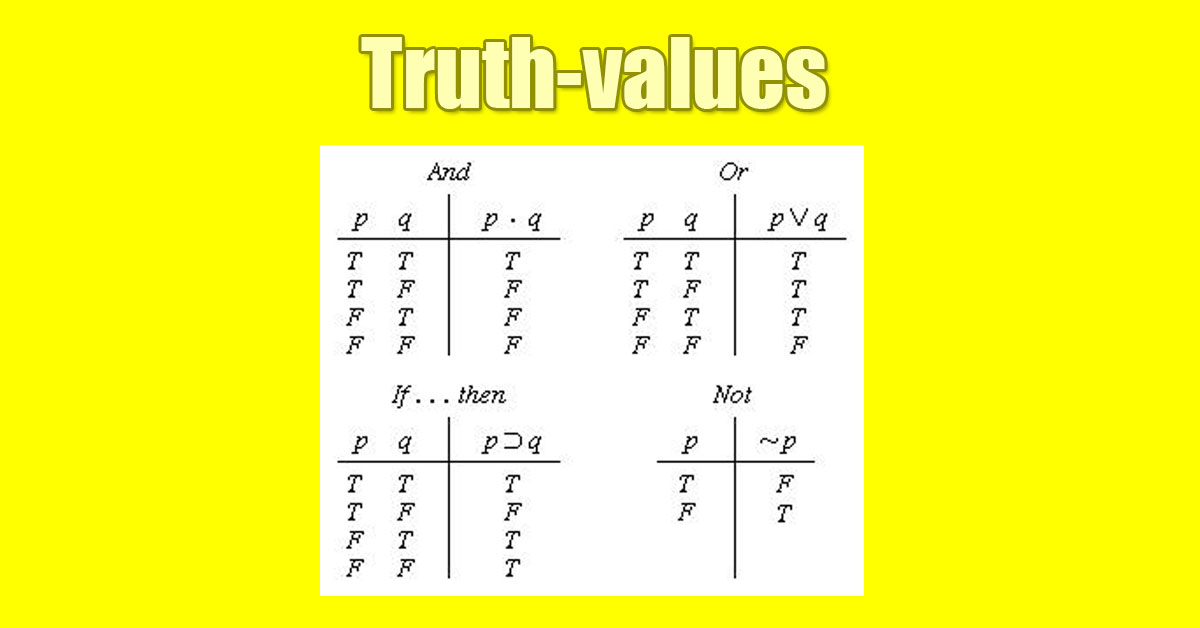
Whatever is the case, is the case. That is to say, whatever is true is true within a system, is true within that system (for example, whatever is the case, in reality, is the case in reality; or, whatever is true in mathematics, is true in mathematics).
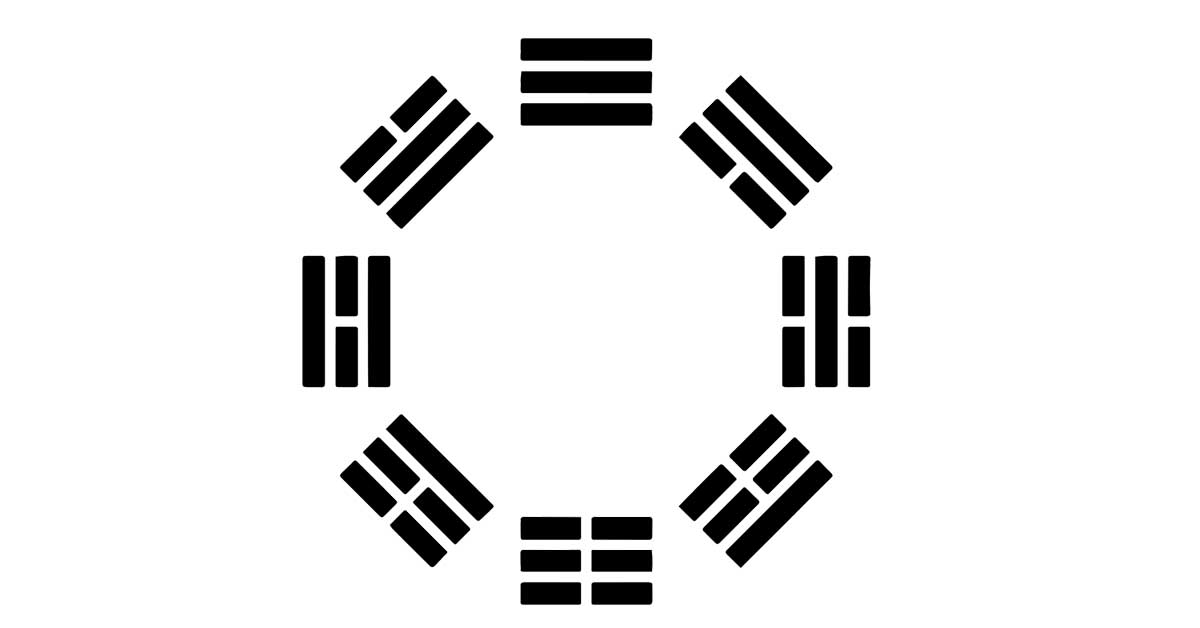
The I Ching is an ancient Chinese text used for divination. Essentially it helps the reader draw meaning from the randomness of the world. This concept can be applied to anything.
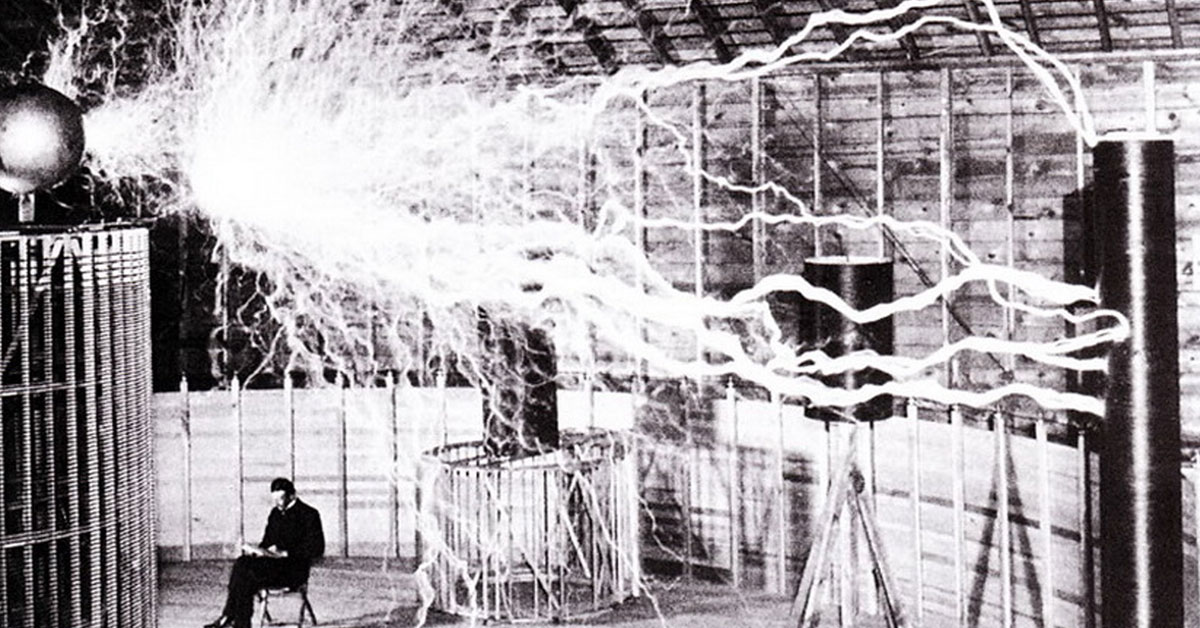
Nikola Tesla was said to have said “everything is light.” That is potentially correct. In theory, the universe could be explained by electromagnetic energy.
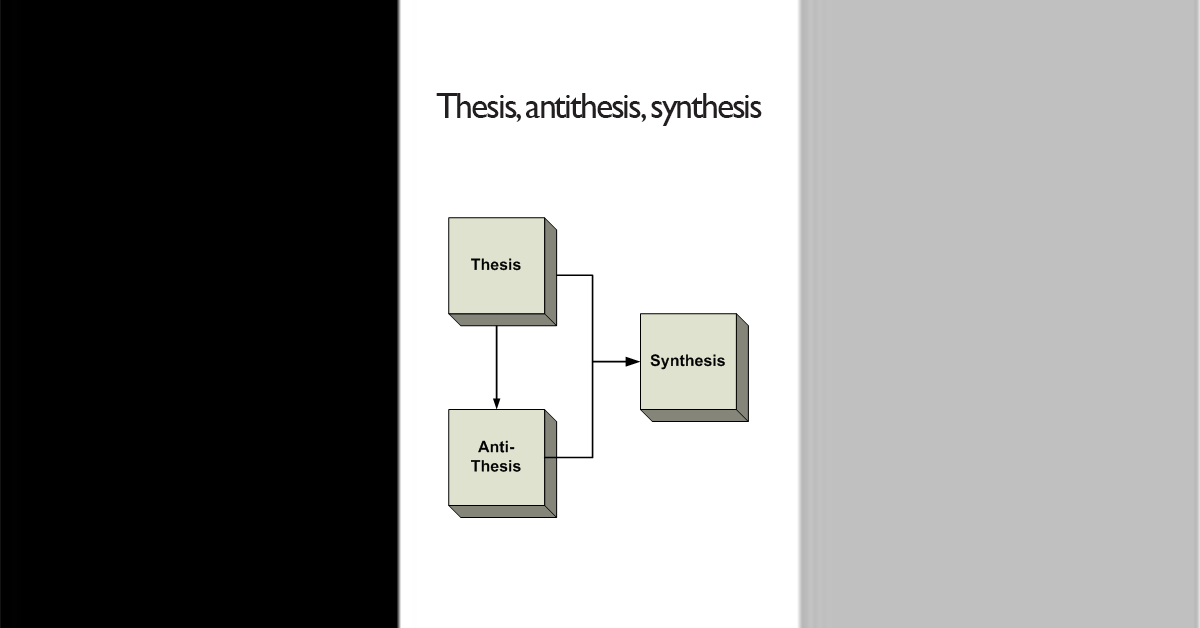
In simple terms, analysis examines a system by dividing a whole into its parts, and synthesis examines a system by combining and comparing parts.